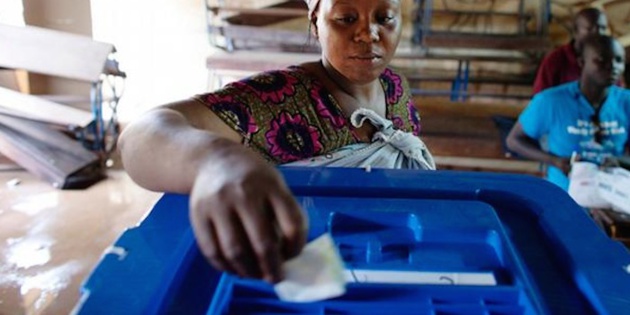By Moudjo Tobue
Cameroon is gearing up for a pivotal election in 2025, an event that promises to shape the country’s future. For several decades, Cameroon has grappled with multiple crises across social, economic, and political fronts. Many citizens are hopeful that this upcoming election will usher in a change of leadership, bringing much-needed transformation.
Battle Lines Drawn
In the Democratic Rally of the Cameroonian People (RDPC), the incumbent party, internal factions have been quietly clashing. However, the opposition’s movements are more conspicuous.
Political parties and civil society organizations have been forming coalitions, striving to unite as many parties as possible to create a formidable force against the ruling party.
Opposition leaders are also urging citizens to register in large numbers on the electoral lists. Their aim is to minimize potential fraud – the more people register, the less likely fraud can occur.
Many were taken aback by Maurice Kamto’s call for registration. Kamto, who was unsuccessful in the 2018 election according to official figures, had previously boycotted the February 2020 legislative and municipal elections in protest against the process favoring the ruling party.
Electoral Code Issues
The current electoral law in Cameroon is widely criticized as being designed to keep the ruling party in power indefinitely. Despite numerous objections from political and civil society leaders, no changes have been made.
Twice, the opposition and civil society have proposed a new electoral code to the government, which has yet to be reviewed. Despite this, the opposition is ready to participate in the upcoming election.
Their strategy involves encouraging voters to turn out in large numbers. Kamto recently shared his formula for countering electoral fraud on social media: massive voter registration, voting for change, rigorous vote monitoring, and defense when necessary.
“Defense When Necessary”
Like Kamto, many Cameroonians believe that voting and vigilantly guarding their votes will bring about change. However, they are prepared to defend their votes if required, potentially through protests.
Currently, there is no guarantee that Maurice Kamto and Cabral Libii, who came second and third respectively in the 2018 election, will be eligible to run in 2025.
For Kamto, his boycott of the 2020 legislative and municipal elections means he can only run in 2025 if he manages to secure at least one elected official. An early presidential election could disqualify him.
For Libii, president of the Cameroonian Party for National Reconciliation (PCRN), recent divisions within the party could pose a challenge. Robert Kona, one of the PCRN founders, has returned to claim party leadership, allegedly backed by the Ministry of Territorial Administration.
This could be a ploy to delay Libii’s candidacy in 2025. If those who have built their strategy on mass registration and voting cannot even run, what purpose do these efforts serve?
The most effective strategy remains advocating for a fair electoral law that provides all candidates with equal opportunities for success at the polls.
Translated from French by Daniel Okoth.



